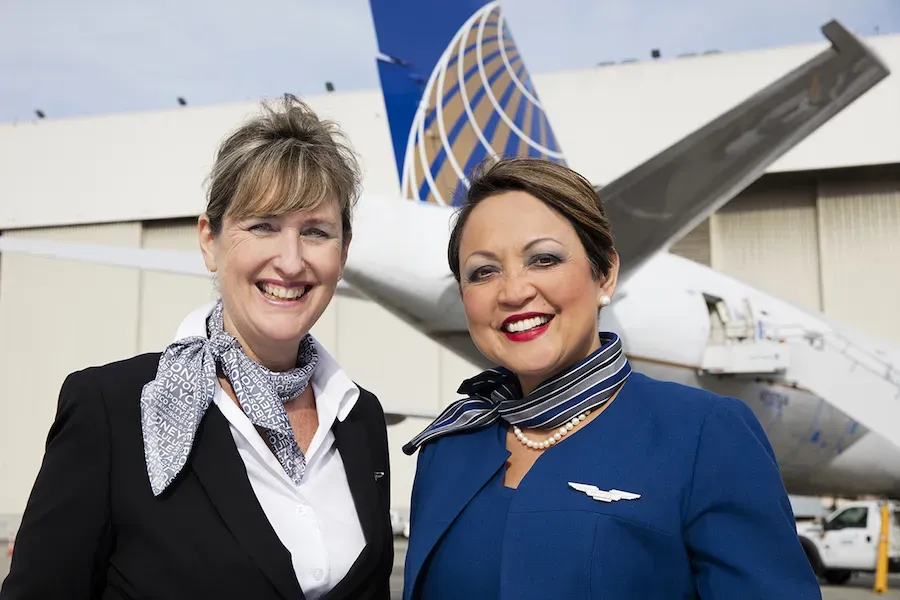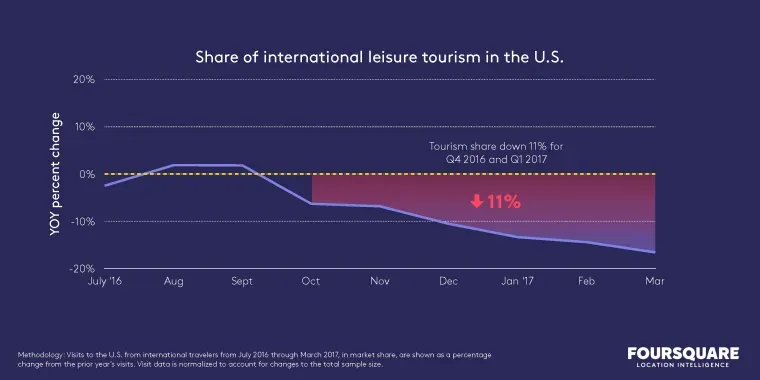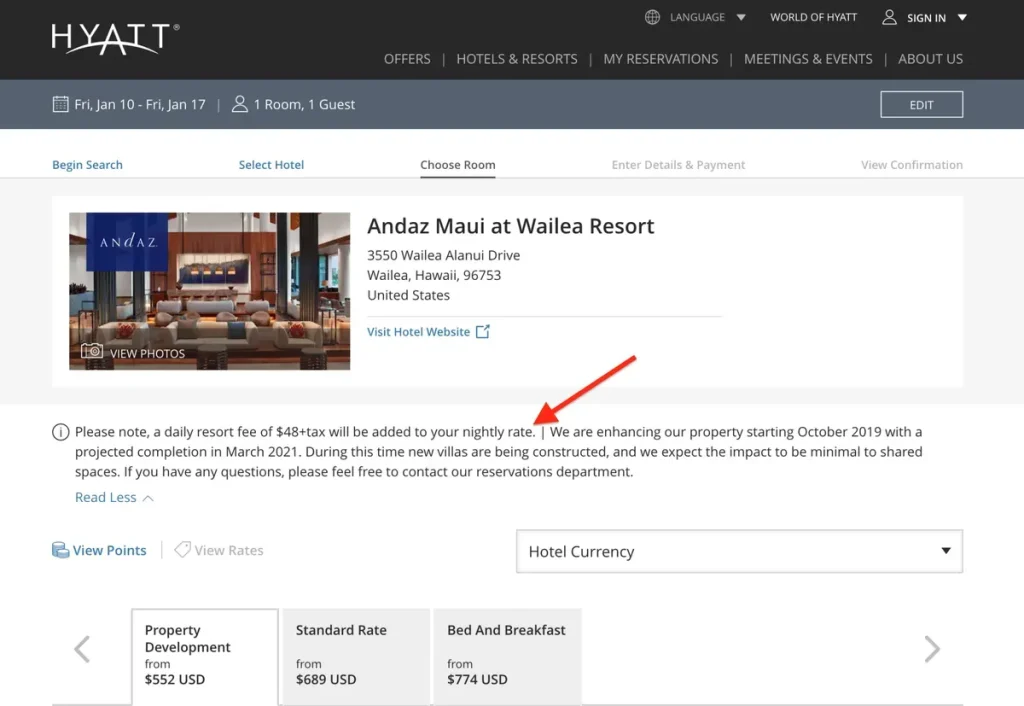In a significant development, United Airlines flight attendants recently voted against a proposed labor contract, expressing their dissatisfaction despite the offer of an immediate pay increase of at least 26%. This decision reflects ongoing frustrations related to compensation and working conditions within the airline, as flight attendants have not received a raise since 2020. With approximately 28,000 cabin crew members represented by the Association of Flight Attendants-CWA, the union is now focused on gathering feedback from its members to shape future negotiations. The labor contract vote showcased a strong opposition to the tentative agreement, with 71% of participating flight attendants choosing to reject it. As United Airlines labor negotiations progress, the emphasis remains on achieving a satisfactory resolution that addresses the essential needs and sacrifices of the airline’s dedicated flight crew.
The recent decision by United Airlines’ cabin crew to decline a tentative labor agreement highlights a critical moment in airline labor relations. The vote, which involved a significant majority of the airline’s flight attendants, underscores ongoing concerns about employee compensation and working conditions. With union representatives keen on pursuing improved contract terms, members are looking for more than just immediate pay increases; they are advocating for comprehensive enhancements to their work environment. Elevated discussions around flight attendant wages and the implications of contract negotiations have become a focal point in union flight attendant news. As the situation unfolds, all eyes are on how United Airlines will respond to the growing demands from its workforce for a fair labor contract.
Understanding the Recent United Airlines Flight Attendants Contract Vote
In a significant turn of events, United Airlines flight attendants voted against a new labor contract which would have implemented immediate raises of at least 26%. This decision, made by approximately 28,000 cabin crew members represented by the Association of Flight Attendants-CWA, has caught the attention of both industry experts and labor analysts. The rejection highlights the ongoing struggle for better compensation and working conditions within the airline industry, especially following the financial recovery from the Covid-19 pandemic.
The union’s president, Ken Diaz, expressed that this vote was a clear message to United Airlines management that their proposals failed to meet the expectations of the flight attendants. Following years of dedication and service, many flight attendants feel that their contributions have not been adequately recognized or rewarded. As the situation develops, the union plans to survey its members to identify specific improvements they seek in an updated contract.
Impact of the Contract Rejection on Flight Attendants’ Pay Increase
The rejection of the proposed contract has significant implications for United Airlines flight attendants, particularly concerning their pay increase. Historically, flight attendants have advocated for adjustments in wages to reflect the rising cost of living and the demanding nature of their roles. With this latest vote, a substantial portion of the workforce continues to seek a labor contract that aligns more closely with their expectations and the realities of their profession.
Moreover, the demand for increased pay is not isolated to United Airlines; it reflects a broader trend seen across the aviation industry. As other airlines have successfully negotiated favorable labor contracts post-pandemic, United’s flight attendants find themselves in a critical position, pressed to assert their needs for competitive compensation and enhanced working conditions against an industry backdrop that is seeing progressive changes elsewhere.
Flight Attendant Union News: The Path Forward After the Labor Contract Vote
In the wake of the contract rejection, United Airlines flight attendants are turning to their union for guidance and support. The Association of Flight Attendants-CWA is poised to lead discussions regarding future strategies, potentially paving the way for a renewed labor agreement that addresses the specific concerns of the flight attendants. The union’s ability to negotiate on behalf of its members will be paramount in ensuring their voices are heard in upcoming negotiations.
Members of the union have expressed their determination to pursue advantageous working conditions and fair compensation through collective action, including potential strike authorization if no satisfactory agreement is reached. This resolute stance signals a critical moment for United Airlines labor negotiations as flight attendants advocate for a contract that not only compensates them fairly but also enhances their overall work-life quality.
Navigating the Future of Labor Negotiations at United Airlines
United Airlines is committed to collaborating with the union to reach a satisfactory labor agreement despite the recent vote against the proposed contract. The airline has emphasized the value it places on its flight attendants, describing them as “the best in the industry.” In light of this, the upcoming negotiations will likely focus on finding a consensus that acknowledges both the company’s operational needs and the flight attendants’ demands for wage increases and improved working conditions.
As labor negotiations continue, key stakeholders in the airline industry are keeping a close eye on how the situation unfolds. It’s essential for United to approach these negotiations with a mindset aimed at mutual benefit, addressing the flight attendants’ concerns while maintaining operational viability. The resolution of this conflict could set important precedents for labor relations across the industry, emphasizing the importance of communication and compromise in achieving fair labor contracts.
The Role of Union Representation in Flight Attendant Negotiations
The importance of union representation cannot be overstated in the context of labor negotiations for flight attendants at United Airlines. The Association of Flight Attendants-CWA stands as a critical advocate for the needs and rights of cabin crew members. Their role involves not just negotiating wages and working conditions but also empowering flight attendants to voice their collective concerns and priorities during contract discussions.
In instances like the recent contract rejection, the union serves as a platform for flight attendants to express their dissatisfaction and mobilize for change. By surveying their members and reporting back during negotiations, the union ensures that the demands of flight attendants are clearly articulated and taken into consideration. This democratic process within the union fortifies the flight attendants’ position and enhances the effectiveness of their collective bargaining efforts.
Examining Quality of Life Enhancements for United Airlines Flight Attendants
Quality of life enhancements proposed in the rejected labor contract included various improvements aimed at elevating the work experience of United Airlines flight attendants. These enhancements are crucial for cabin crew members who often handle the pressures of irregular hours, long shifts, and customer service challenges. Such provisions might include better scheduling practices, improved rest periods, and support for mental health—factors that can significantly impact their overall job satisfaction.
Acknowledging the intense and unique challenges faced by flight attendants is essential for fostering a healthier working environment. As negotiations progress, both the union and United Airlines must consider these quality-of-life factors seriously. Meeting employee needs will not only benefit flight attendants but could also lead to better performance and customer satisfaction, ultimately supporting United’s reputation and success in the competitive airline industry.
The Influence of Industry Trends on United Airlines Labor Negotiations
The landscape of labor negotiations in the airline industry is rapidly changing, influenced by external market forces and the shifting demands of workers. United Airlines flight attendants are not alone in their fight for better pay and working conditions; similar movements are evident across the industry following the pandemic. Competitive labor contracts secured by flight attendants at other airlines have set benchmarks that United’s flight attendants are likely to reference in their negotiations.
These industry-wide trends suggest that employers must adapt to the evolving expectations of their workforce. As airlines strive to attract and retain talent, United Airlines must consider the larger picture in their labor negotiations. By acknowledging and addressing the conditions sought by flight attendants in comparison to industry trends, the airline can position itself as an employer of choice as it works towards securing an advantageous labor contract.
Future Expectations for United Airlines Flight Attendants’ Working Conditions
The future expectations for United Airlines flight attendants center on the quest for improved working conditions and competitive compensation. Flight attendants are increasingly vocal about the need for long-term stability and benefits that recognize their essential role within the airline. As they prepare for ongoing negotiations, the focus remains on achieving agreements that support their wellbeing both on and off the job.
Ultimately, striving for better working conditions is not simply about immediate pay increases; it encompasses a broader vision for the future of flight attendant careers. Enhanced training opportunities, support systems, and mental health resources are just some of the areas that flight attendants hope to see addressed as part of their next labor contract. The outcome of these negotiations could redefine what it means to work as a flight attendant at United Airlines, setting a new standard for the industry.
Continuing Advocacy for Fair Labor Practices in Aviation
Advocacy for fair labor practices extends beyond United Airlines to the broader aviation industry. Flight attendants, pilots, and other workgroups are unifying to demand changes that reflect the realities of their jobs and the sacrifices they have made over the years. The momentum from these advocacy efforts has formed a collective movement towards securing livable conditions and wages across the industry.
This ongoing effort suggests that labor relations in aviation are at a pivotal moment, reinforcing the necessity for sustainable change. Unions are playing a crucial role in highlighting these issues, ensuring that the voices of flight attendants are not just heard, but acted upon in meaningful ways. As negotiations continue, the results not only impact United Airlines but could reverberate throughout the entire industry, establishing standards for fair labor practices in aviation.
Frequently Asked Questions
What was the outcome of the United Airlines flight attendants contract vote?
The United Airlines flight attendants voted against a new labor contract that would have provided immediate raises of at least 26% and additional quality-of-life improvements. The rejection of the contract reflects the flight attendants’ demand for a better agreement that addresses their years of hard work and sacrifices.
What are the key concerns of United Airlines flight attendants regarding their labor contract?
United Airlines flight attendants have expressed concerns that the proposed labor contract did not adequately address their needs. They seek significant improvements in pay and working conditions, particularly after not receiving a raise since 2020. Their union plans to survey members for specific desired enhancements in the next contract.
How many United Airlines flight attendants participated in the contract vote?
Of the eligible voters, 92% participated in the contract vote, with 71% voting against the proposed labor contract.
What actions have United Airlines flight attendants authorized in response to contract negotiations?
The United Airlines flight attendants previously authorized a strike if their union deemed it necessary during ongoing contract negotiations, highlighting their determination to secure better pay and working conditions.
What has United Airlines management stated about the rejected flight attendants contract?
United Airlines management claimed that the rejected tentative agreement included numerous improvements and industry-leading pay. They expressed a commitment to continue working with the flight attendants’ union to reach a satisfactory contract.
When was the last pay raise received by United Airlines flight attendants?
United Airlines flight attendants last received a pay raise in 2020, which has heightened their call for increases in pay as part of the ongoing labor negotiations.
How does the recent contract vote compare to trends in the airline industry?
The recent contract vote by United Airlines flight attendants contrasts with trends in the wider airline industry, where flight attendants and other workgroups have successfully secured new labor agreements and wage increases following the Covid-19 pandemic.
What is the role of the Association of Flight Attendants-CWA in the United flight attendants’ contract negotiations?
The Association of Flight Attendants-CWA represents approximately 28,000 cabin crew members at United Airlines and plays a crucial role in negotiating labor contracts, advocating for improved pay and conditions. They are actively involved in the current negotiations and will survey members for key contract improvements.
What improvements were proposed in the United Airlines flight attendants contract?
The rejected United Airlines flight attendants contract proposed immediate raises of at least 26% along with various quality-of-life enhancements, reflecting the union’s efforts to improve compensation and working conditions for flight attendants.
| Key Points |
|---|
| United Airlines flight attendants voted against a proposed labor contract with a 71% rejection rate. |
| The contract offered immediate raises of at least 26% and other quality-of-life enhancements. |
| The Association of Flight Attendants-CWA represents approximately 28,000 cabin crew members. |
| The flight attendants last received a raise in 2020, and have been advocating for wage increases. |
| A tentative agreement was reached in May, but was deemed inadequate by the flight attendants. |
| 71% of the voting members participated in the vote, showcasing strong engagement. |
| The union plans to survey its members on key improvements desired in a new contract. |
| United Airlines emphasized their commitment to their flight attendants and highlighted improvements in the tentative agreement. |
| Flight attendants at other airlines have recently secured new labor agreements post-Covid-19. |
| The possibility of a strike was previously authorized by the flight attendants if no deal was reached. |
Summary
The recent rejection of the United Airlines flight attendants contract highlights the ongoing struggle for better working conditions and compensation among staff at the airline. United Airlines flight attendants contract negotiations aim to address longstanding concerns regarding wages and quality of life improvements. With a significant majority voting against the proposed agreement, the union is now poised to further engage its members to identify the necessary changes that will ultimately lead to a more favorable contract. As the situation develops, both the union and United Airlines must work collaboratively to reach a resolution that respects the dedication of flight attendants and ensures a sustainable future for the workforce.



